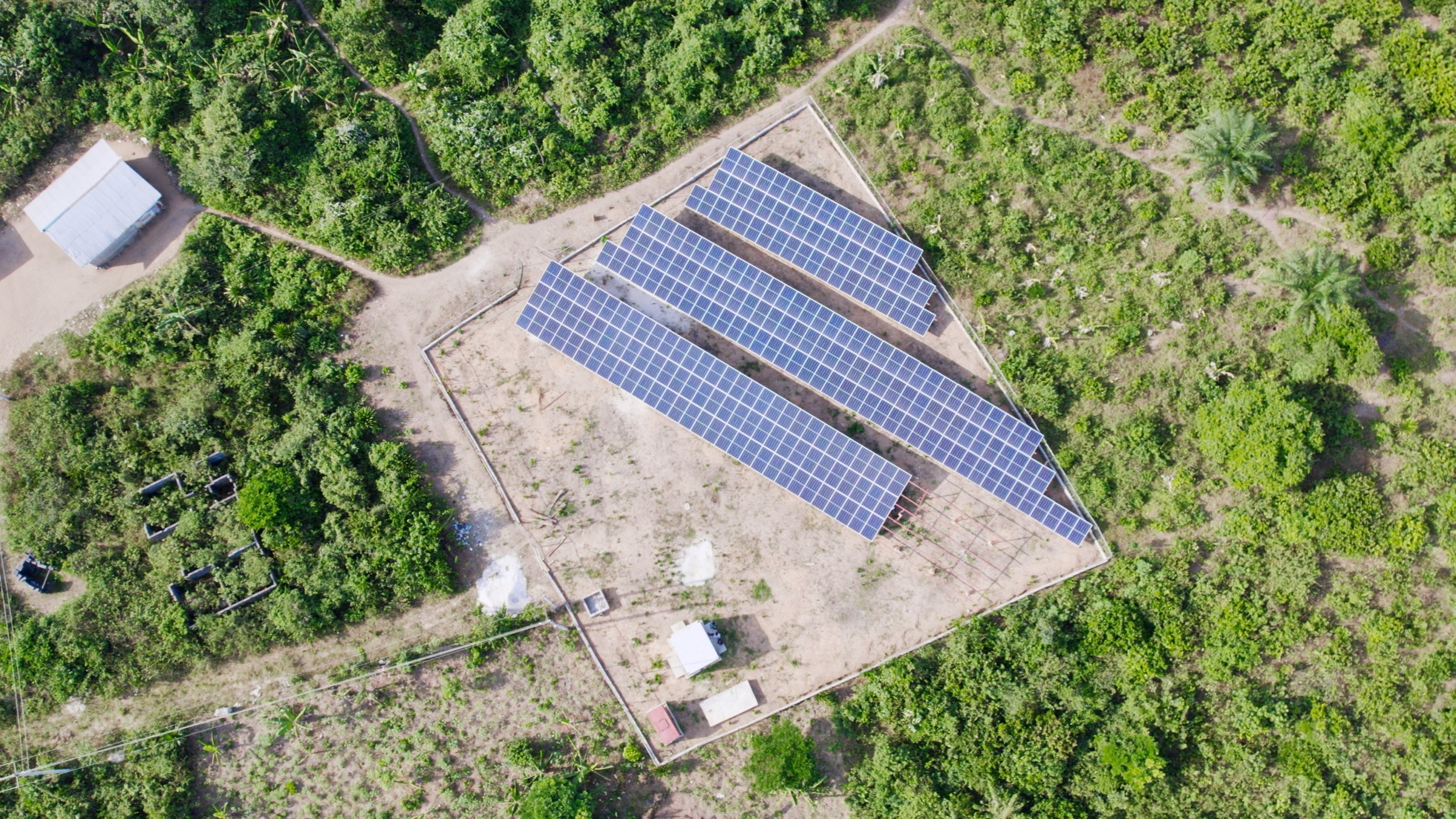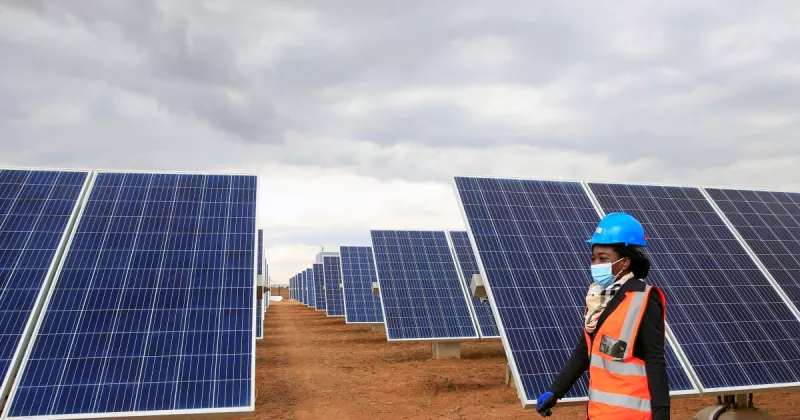Nigeria may be Africa’s largest economy — its powerhouse, even — but power cuts remain a frequent occurrence. The country’s grid has only half the capacity required to serve its 210mn inhabitants reliably. Fixing that will require massive investment — which president Muhammadu Buhari, whose tenure ends in May, has sought through multilateral financing and Chinese-backed loans denominated in US dollars. But, for now, that still leaves many businesses reliant on expensive, dirty diesel generators for back-up power. A similar story of inadequate infrastructure is repeated throughout Africa and across multiple sectors: transport, agriculture, water distribution and waste management. So, too, is the story of seeking overseas money — and of producing equally disappointing results. Now, though, a new generation of finance initiatives is starting to tap domestic sources of capital, by using a mix of government money and overseas development funding to create local currency guarantee companies. Shareholders, including governments and private sector financial institutions, back these companies to provide a guarantee that money loaned to projects will be repaid. Guarantors charge borrowers a fee for taking on this risk — some aim to turn a profit for their shareholders; others aim primarily to achieve policy objectives while preserving capital. Proponents argue that such schemes can unlock lending from local pension funds, insurance companies, and the like, for projects that commercial banks are reluctant to finance. And this may be particularly beneficial for environmental, social and governance-oriented projects — such as renewable energy infrastructure. Because the guarantees are expressed in local currency, a significant source of risk is removed. In recent years, the weakness of Nigeria’s naira against the dollar, coupled with the country’s multiple exchange rate windows, has made it harder to repay foreign debt. Please use the sharing tools found via the share button at the top or side of articles.
Some advocates are impatient for wider usage of this mechanism. “Can we please stop fixating on cross-border financing and start looking at domestic savings as a potential source — in local currency — to fund infrastructure assets?” says Philippe Valahu, chief executive of the Private Infrastructure Development Group, a finance organisation. PIDG — which describes its goal as “high development impact” — is one of the backers of InfraCredit Nigeria, an infrastructure guarantee facility established in 2017. Since then, InfraCredit has provided N128bn ($278mn) worth of local currency guarantees across several portfolio projects, including green bonds for hydro power. InfraCredit is also funded by the Nigeria Sovereign Investment Authority, Nigeria’s sovereign wealth fund, and InfraCo Africa — a finance vehicle backed by the UK, the Netherlands, and Switzerland — which became the third investor in 2020, pouring in $27mn. Nigeria is not the only country to benefit from such schemes. In November 2022, InfraCo Africa announced that it would invest $15mn in a new guarantee facility in Kenya, alongside $5mn from Cardano Development, a finance company incubator and fund manager.

Related article - Rally: Passion-Led Investing

New mechanisms will make it easier for green energy projects to tap local investors. “We see various businesses here seeking to grow to serve domestic demand, but all facing the same problem that they cannot borrow in Kenyan shillings cost effectively or with a route to scale,” says Louis LaPaz, the Cardano Development representative responsible for the Kenyan facility. “Over the last few years, it’s been interesting to get cheap dollar debt — but, with the current environment of raising interest rates, that’s about to get a bit ugly.”




